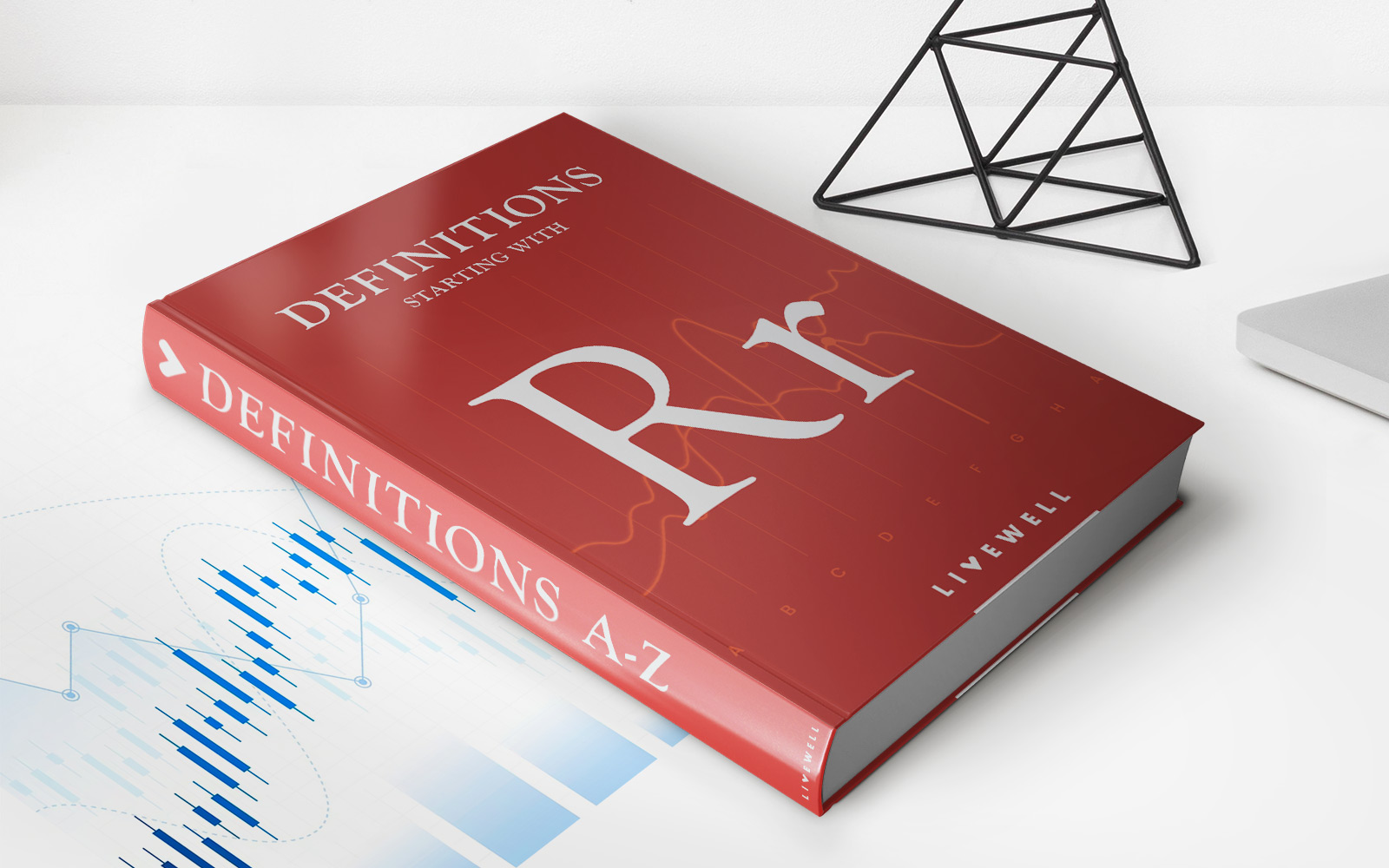Home>Finance>Per-Transaction Fees: Definition, Components, Typical Cost


Finance
Per-Transaction Fees: Definition, Components, Typical Cost
Published: January 7, 2024
Learn about per-transaction fees in finance, including their definition, components, and typical costs.
(Many of the links in this article redirect to a specific reviewed product. Your purchase of these products through affiliate links helps to generate commission for LiveWell, at no extra cost. Learn more)
Understanding Per-Transaction Fees: Unlocking the Financial Puzzle
When it comes to managing your finances, it’s crucial to understand the various components that can impact your bottom line. One such component is per-transaction fees. What exactly are per-transaction fees, and how do they affect your financial health? In this blog post, we will delve into the definition of per-transaction fees, explore their components, and shed light on their typical costs. By the end, you’ll have a comprehensive understanding of per-transaction fees and be equipped to make better financial decisions.
Key Takeaways:
- Per-transaction fees are charges imposed on each individual transaction conducted through a financial platform.
- These fees consist of multiple components, which may include processing fees, interchange fees, and network fees.
Decoding Per-Transaction Fees: What Do They Mean?
Per-transaction fees, also known as transactional costs, refer to the charges associated with each individual financial transaction you make. Whether you’re using a debit card, credit card, or online payment platforms, per-transaction fees are levied to cover the costs of processing and facilitating your transaction.
Now, let’s break down the components that make up per-transaction fees:
Processing Fees:
Processing fees are the charges imposed by the payment processor for handling and facilitating your transaction. These fees cover the infrastructure and resources required to process your transaction securely and efficiently. The processing fee can vary depending on the payment processor you use and the type of transaction you make.
Interchange Fees:
Interchange fees are the charges imposed by the card networks (such as Visa, Mastercard, or American Express) for using their payment infrastructure. These fees are typically a percentage of the transaction amount and can vary depending on the type of card used (debit or credit) and the nature of the transaction (online or in-person).
Network Fees:
Network fees are charges imposed by the payment network itself. These fees cover the maintenance and operation of the payment network infrastructure, ensuring secure and reliable transactions. Similar to interchange fees, network fees can vary depending on the payment network and the specifics of the transaction.
Typical Cost of Per-Transaction Fees
The cost of per-transaction fees can vary based on several factors, including the type of transaction, the payment processor or network used, and the nature of your business. However, it’s essential to have a general idea of the typical costs involved. Here’s a rough estimate of the range you can expect:
- Processing Fees: Typically range from 1% to 3% of the transaction amount.
- Interchange Fees: Vary between 1% to 3% of the transaction amount.
- Network Fees: Usually a small flat fee per transaction.
Keep in mind that these figures are rough estimates and can vary depending on the specific circumstances. It’s always recommended to consult with your payment processor or financial institution to get accurate information tailored to your business needs.
In Conclusion
Per-transaction fees play a significant role in shaping your financial landscape. By understanding the definition, components, and typical costs associated with per-transaction fees, you can make informed decisions to optimize your financial strategies. Remember, every transaction you make has implications for your overall financial health. So, the next time you swipe your card or conduct an online payment, keep per-transaction fees in mind and ensure you’re getting the most out of your money!














